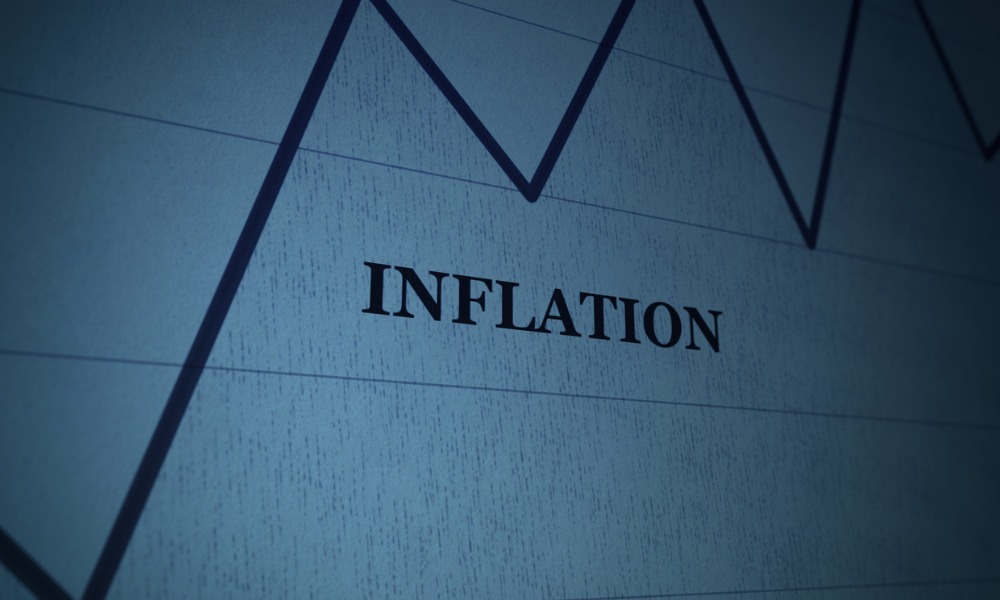Property experts react and give advice

UK inflation surged to its highest annual growth rate in 40 years, exacerbating further the country’s cost-of-living crisis caused by the rising costs of fuel and other goods.
Official government figures released today showed the Consumer Prices Index (CPI) rose by 9% in the 12 months to April 2022, up from 7% in March.
This growth was probably the fastest since 1982, according to the Office for National Statistics, though records began in their current form only in 1989. The previous high of an 8.4% annual increase was recorded in March 1992, during the early 1990s recession.
On a monthly basis, CPI rose by 2.5% in April 2022, compared with a rise of 0.6% in April 2021.
The Bank of England has predicted that inflation could even surpass 10% later this year, which will likely force its hand in making another base rate hike, adding to the four consecutive interest rate increases it has implemented since December, pushing the bank rate up to 1%.
Read more: Spate of base rate rises to continue – London Money director.
Economists and experts in the property industry believe this will probably happen.
“The latest rise in inflation to 9% will increase the chance of the Bank of England’s Monetary Policy Committee lifting the base rate in June, potentially by as much as 0.5%,” Simon Webb, MD of capital markets and finance at mortgage lender LiveMore, said.
“This was the preferred option of three of the nine MPC members at their last meeting in early May. That will be a real blow for mortgage borrowers on variable rates whose monthly payments have potentially already gone up four times in five months,” he continued.
Alan Fitzpatrick, vice president of lending operations at mortgage broker Habito, said that if the bank does choose to hike rates again, those on a standard variable rate mortgage, could see monthly mortgage repayments rocketing, when compared with the period of historic low rates in the last 10 plus years.
“The ‘winners’ from rising inflation are borrowers on longer fixed-rate deals. These homeowners know that their monthly repayment amounts will stay the same for years, and won’t be subject to the types of shocks we’ve seen in energy, food, and petrol bills. However, those on shorter fixes, or with deals expiring soon, could face a bit of a rate shock when they come to remortgage,” he pointed out.
“For homeowners with deals expiring in the next six months, now is the time to look at whether fixing their mortgage costs is the right course of action. Mortgage rates are rising, but there are lenders out there which allow you to lock in a deal six months early.”
He added that long term fixed rate mortgages could also be worth considering for homeowners wanting more certainty over their repayments, to which Webb also agreed.
“Now is the perfect time for borrowers to lock into a long-term fixed rate mortgage and this will be especially advantageous for borrowers aged 50 to 90 plus,” Webb added.
Read more: How lenders can support borrowers with interest rates on the rise.
Graham Wells, financial coach at Haddington-based GroWiser Financial Coaching, remarked that the combination of high inflation and historically low interest rates could be seen as good news for borrowers. He said the real value of debt is being eroded by inflation, yet interest payments remain relatively low.
But for some people, Fitzpatrick said, the impact of inflation will take a big toll on their monthly outgoings.
“We’ve already had enquiries from some customers wanting to remortgage to change their term from 20-years remaining to 30-years remaining, to reduce their monthly repayment amount.”
Joshua Gerstler, chartered financial planner at Borehamwood-based The Orchard Practice, said that for a whole generation, this is the first time that inflation has been seen at these levels.
“While we continually tell those we look after that inflation is one of the biggest threats to their long-term wealth, people are now seeing with their own eyes for the very first time that it is indeed the case,” he said.



